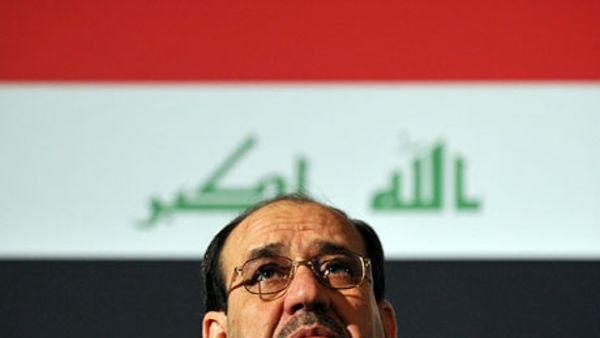The long knives come out in Baghdad
In principle, the idea of streamlining the Iraqi government and making it more efficient is a capital one. But the reforms being pursued by Prime Minister Haider al-Abadi have to raise some questions about the direction the country is taking.
One step al-Abadi has taken announced Sunday, is to streamline his cabinet, making it less a set of rewards to parties and cronies and more like an executive body. The number of cabinet posts has been cut to 22 from 33. In principle, that is great.
Continue reading on Informed Comment
Inspired by Swedish fitness trend, youth bring "street workout" to Gaza
With passersby looking on as they enjoy the relative cool of late afternoon on the Gaza beach, the 23-year-old Palestinian carries out a series of exercises with ease as he calls the names in English, alternating between the "human flag," "back and front lever" and "muscle up".
Continue reading on Your Middle East
Eleven recipes to celebrate the beginning of date season
The harvesting of dates has once again begun. Across the Middle East, North Africa, and South Asia- where a majority of date production takes place- people are continuing to prepare dishes with the fruit.
One of the oldest cultivated fruits in the world, dates have long been a staple food in the Middle East and the Indus Valley. Dates also play an important role in Islamic culture. The date palm is mentioned in the Quran more than any other fruit-bearing plant, and Muslims traditionally break the Ramadan fast with dates.
Continue reading on Muftah







